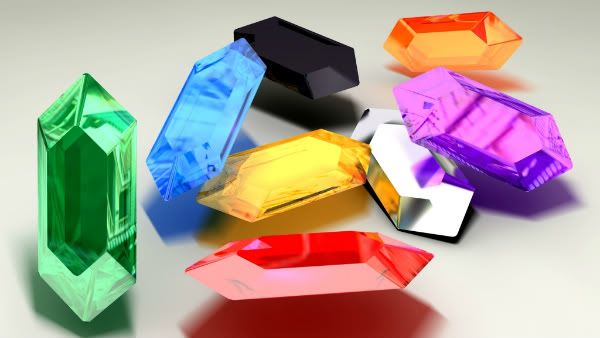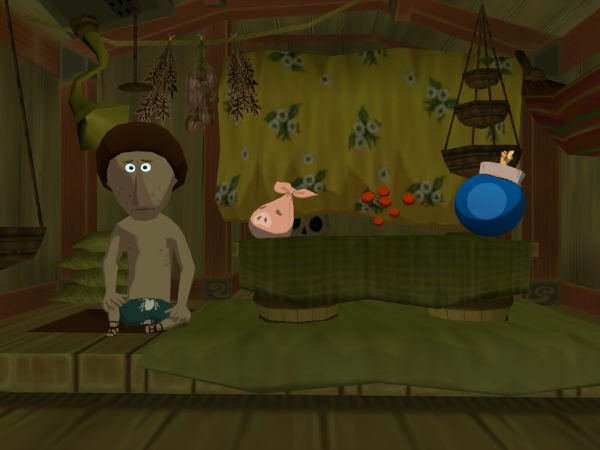This post has not been edited by the GamesBeat staff. Opinions by GamesBeat community writers do not necessarily reflect those of the staff.

Imagine a exquisite field of grass, blowing in the Hyrulean wind. Now picture an unbroken line of clay pots surrounding the field, fresh off the pottery wheel. Bet you don't see plants or earthen wares, do you? No, you see cold hard cash because that's how Zelda games have conditioned you. Money is your reward for exploring and adventuring. Inside each pot and underneath every clump of dirt is the possibility of a hidden rupee. But what would happen if you knew your rupees were worthless? Would you still feel compelled to play the game?
What seems like free money is in reality a tool to encourage and motivate the player — a dog treat for playing "correctly." You earn a small amount of money for taking the time to prune some grass or smash a vase, it's a reward equal to the task.
Likewise, killing a spider the size of a ice-cream truck rewards you with a heart piece, which is perhaps the most coveted item in the game. But for the most part, the majority of Link's compensation is through in-game currency, which in The Legend of Zelda's case is the multicolored rupee. But what happens when there's nothing left to buy and rupees lose their value?
You begin each Zelda game with a laundry list of purposes for your tiny bag of rupees. Even that first lustrous, green crystal helps stave off abject poverty. Once you reach a shop, you can only gaze longingly at the impossibly expensive items, which are far outside your budget. "One day," you tell yourself. "If I save real hard, I will have enough."
You enter another dungeon prepared to scour every inch for treasure chests, squeezing enemies for every last jewel. You're optimistic and willing to take on any side quest with the hope of inching ever closer to that elusive sword or that shield you've always wanted.
It's even a little bittersweet when you finally purchase that item, only to have it later replaced by a stronger, more costly ware. But it's no matter. The cycle of optimism begins again as you leave in search of an even bigger sack of money. And it's not just Zelda: It's Skyrim. It's Final Fantasy. It's any game with a currency system.
One day, after hours of questing and conquering, you begin to realize your savings have grown considerably. You stop worrying about inn fees and the cost of potions. You stay in the fanciest quarters and chug back the most expensive elixirs like they are water. Finally, you enter a shop for the last time, and realize there's nothing left to buy.

Twilight Princess especially suffers from an imbalance of supply and demand. I can't recall how many times I opened a chest and closed it, leaving behind 100 rupees because they didn't fit in my wallet. And it's not that I needed a bigger wallet: I needed a reason to spend the cash. I think the creators were aware of this problem because the game features magical, rupee-powered armor that eats up your stash in seconds. Nevertheless, by the end, you don't even want to open minor treasure chests, only to relive the heartache of leaving more booty behind.
Essentially, it's a broken system that seriously damages my motivation to finish a game. It is also a reminder of why we play: we enjoy the journey. Questing, like life, only stirs our passion when we don't have the things we want. It's during the pursuit of something that we came alive. The fun is in acquiring rupees and spending them, not in amassing a gigantic fortune that serves no purpose.
How about you? Have you ever lost interest in a game once you had too much money?
